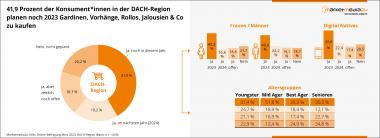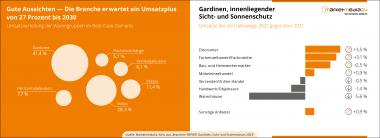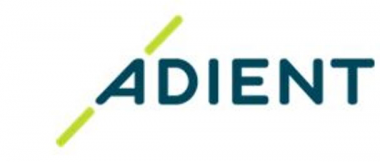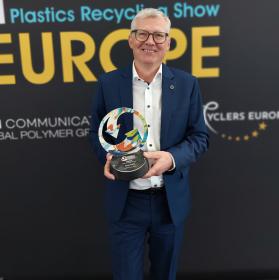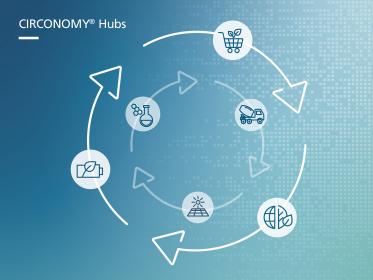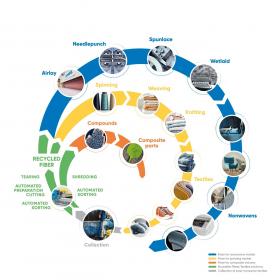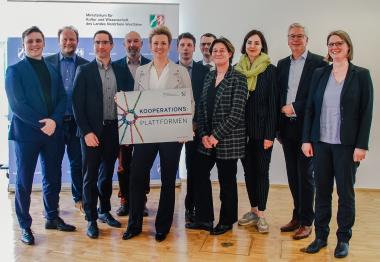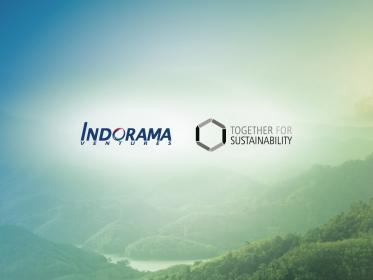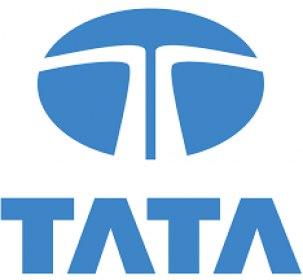Carbios recognized as a flagship start-up in French green innovation
Carbios has been selected among the 22,000 start-ups in the French Tech ecosystem to represent French innovation at the 6th “Choose France” Summit. “Choose France” is an international business summit dedicated to the attractiveness of France launched at the initiative of Emmanuel Macron, the President of the Republic. Only ten companies, including Carbios, have been chosen to exhibit their technologies at the Château de Versailles. On this occasion, Carbios announces that it has joined the Coq Vert community launched by Bpifrance in partnership with ADEME[1] and the Ministry of Ecological Transition, to connect with other environmentally committed business leaders and advance its international deployment.
“With INRAE[2], we chose to highlight Carbios at the Choose France summit as a symbol of French economic dynamism,” comments Philippe Gassmann, Secretary General Choose France 2023 (French Treasury). ” With its innovative “Made in France” biotechnologies that bring plastic into the circular economy, Carbios illustrates the wealth of innovation within the French cleantech ecosystem. I thank Carbios for its ambassadorship for this ecosystem to the 200 foreign guests attending the 6th Choose France Summit with the theme: Investing for a sustainable future.”
“Carbios is honored to have been selected by the Elysée Palace for Choose France. This international summit provides an opportunity for meetings between the President of the Republic, members of the Government and the leaders of major foreign and French companies to discuss France’s economic ambitions and attractiveness,” commented Emmanuel Ladent, Chief Executive Officer of Carbios. “Carbios is in the midst of a major industrial rollout, with a first plant planned in the Grand Est region, and the international commercial deployment of our processes. We are very grateful for the French Government’s support at this strategic time for the company.”
(Emmanuel Ladent, CEO, and Alain Marty, Chief Scientific Officer, representing Carbios at Choose France)
The Coq Vert community
Launched by Bpifrance, in partnership with ADEME and the Ministry of Ecological Transition, this community brings together 2,000 members who are players in sustainable development and are convinced of the need to act for energy and ecological transition.
[1] ADEME = The French Agency for Ecological Transition
[2] INRAE = France’s National Research Institute for Agriculture, Food and Environment
Carbios





